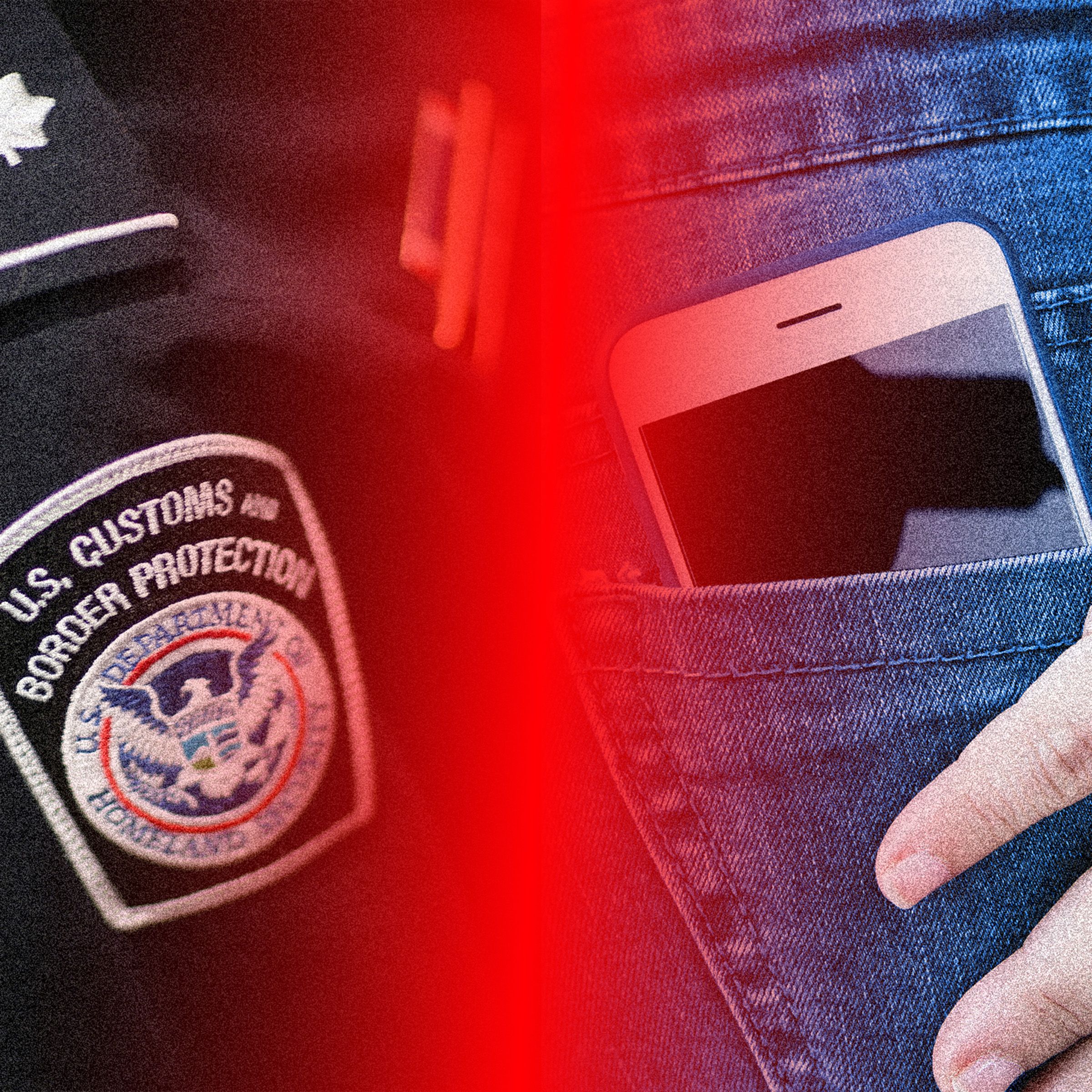How to Protect Yourself From Phone Searches at the US Border
How to Protect Yourself From Phone Searches at the US Border
Traveling to the United States can be a wonderful experience, but it also comes with certain risks, particularly when it…

How to Protect Yourself From Phone Searches at the US Border
Traveling to the United States can be a wonderful experience, but it also comes with certain risks, particularly when it comes to protecting your privacy and personal information. One area where travelers often face privacy concerns is at the US border, where customs officials have the authority to search electronic devices, including phones, without a warrant.
Here are some tips on how to protect yourself from phone searches at the US border:
- Encrypt your device: One of the most effective ways to protect your data from unauthorized access is to encrypt your phone. This will make it much more difficult for border officials to access your personal information.
- Use a strong password: In addition to encrypting your device, make sure to use a strong password or PIN to lock your phone. This adds an extra layer of security and can help prevent unauthorized access.
- Back up your data: Before traveling, be sure to back up your data to a secure cloud storage service or external hard drive. This way, if your phone is seized or damaged during a border search, you won’t lose any important information.
- Enable remote wipe: Some phones have a feature that allows you to remotely wipe all data from your device in case it is lost or stolen. Enable this feature before traveling to the US border.
- Turn off biometric unlock features: Biometric authentication methods, such as fingerprint or facial recognition, can be used by border officials to unlock your device. Disable these features before reaching the border.
- Use a burner phone: If you are particularly concerned about privacy, consider using a cheap, disposable phone that contains minimal personal information when crossing the US border.
- Know your rights: Familiarize yourself with your rights at the border. While customs officials have broad authority to conduct searches, there are still limits to what they can do. Knowing your rights can help you protect your privacy.
- Be cautious with social media: Avoid posting sensitive information or incriminating photos on social media platforms before or during your trip to the US border. This information could be used against you during a search.
- Stay calm and cooperative: If you are subjected to a phone search at the US border, it’s important to remain calm and cooperate with customs officials. Resisting or becoming agitated could lead to further scrutiny or delays.
- Seek legal advice: If your privacy rights are violated during a border search, consider seeking legal advice from a knowledgeable attorney. They can help guide you on how to protect your rights and potentially challenge any unlawful actions by officials.
By following these tips and staying informed about your rights, you can better protect yourself from unnecessary phone searches and safeguard your personal information while traveling to the United States.







